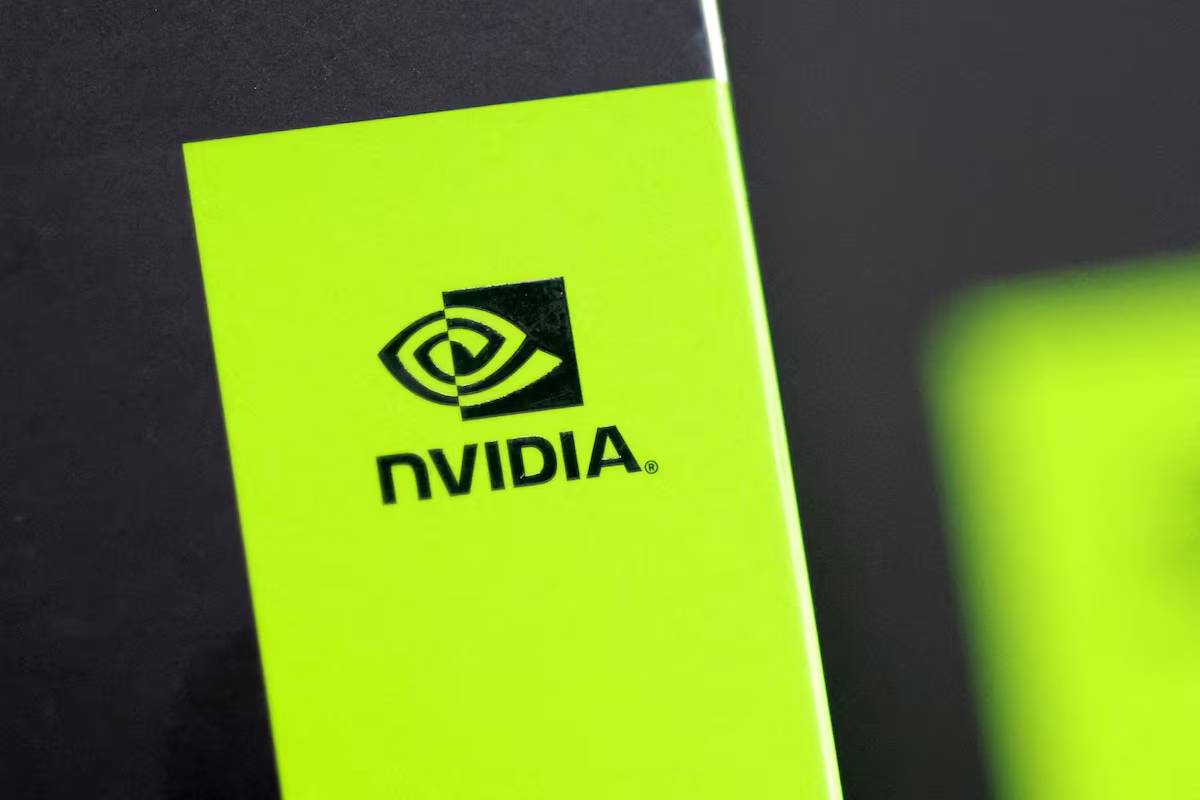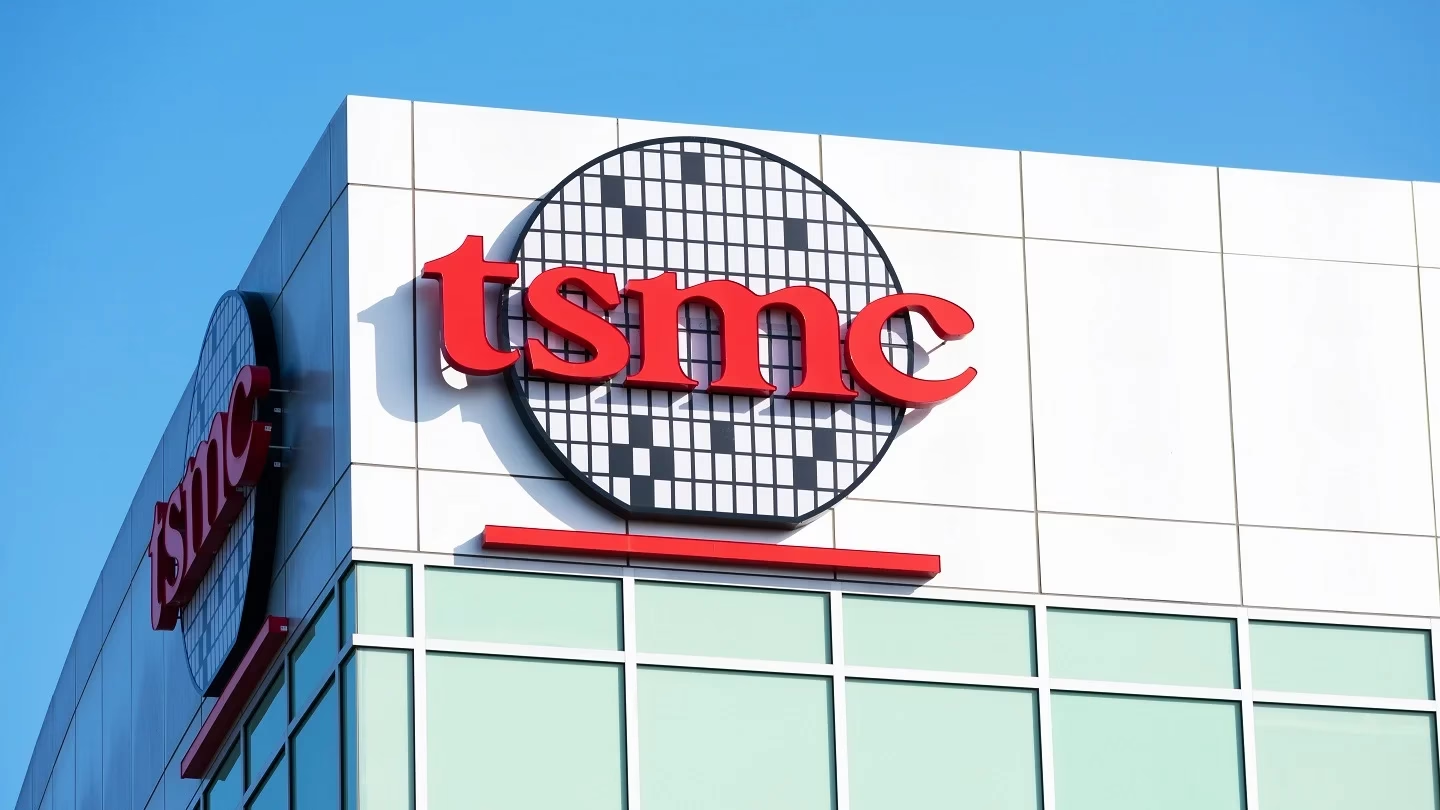The recent Nvidia investment in Intel has sent shockwaves across the global semiconductor industry. With Nvidia announcing a $5 billion equity investment in Intel, analysts believe this partnership could reshape the chipmaking landscape, offering Intel a much-needed revival while posing new challenges for Asian giants like TSMC and Samsung.
Nvidia Investment in Intel: Strengthening a Struggling Chipmaker
The Nvidia investment in Intel will make Nvidia one of Intel’s largest shareholders, holding about a 4% stake. Both companies also announced a collaboration to develop PC and data center chips together. This move was warmly welcomed by Intel’s investors, with its shares jumping 23% immediately after the news broke.
For Intel, which has struggled in recent years to keep pace with competitors in artificial intelligence and chip manufacturing, the partnership offers a chance to regain lost ground. Analysts expect Nvidia’s backing to help Intel bolster its AI capabilities while improving its manufacturing strength.
Impact of Nvidia Investment in Intel on TSMC and Samsung
The Nvidia investment in Intel is a double-edged sword for Asian chipmakers. Taiwan Semiconductor Manufacturing Company (TSMC), which currently dominates AI chip production for U.S. firms, may face new competition in the long run. However, analysts note that Intel’s revival could actually ease U.S. scrutiny on TSMC, which has shouldered nearly 90% of America’s semiconductor manufacturing needs.
According to Luke Lin, senior analyst at DIGITIMES Taiwan, “Having a competitor survive is actually a good thing for TSMC, because it eases U.S. pressure on the company. The U.S. would have another target (Intel) to support, and that would allow TSMC to move at its own pace.”
Samsung, another major Asian chipmaker, is also watching the developments closely. While neither TSMC nor Samsung has officially commented, industry experts believe that Nvidia’s decision could eventually drive more competition in advanced chip manufacturing.
How Nvidia Investment in Intel Shapes the AI Chip Race
The Nvidia investment in Intel is particularly significant in the context of artificial intelligence. Nvidia has already established itself as the global leader in AI hardware, with its GPUs powering most of the world’s AI systems. By investing in Intel, Nvidia gains an additional manufacturing partner and a chance to diversify beyond its reliance on TSMC.
Intel, on the other hand, gains credibility and financial backing to push deeper into AI. With Nvidia’s guidance, Intel may begin closing the gap with TSMC’s advanced manufacturing processes. However, as Han Kyu-min, director at the Korea Fabless Industry Association, cautioned: “Just putting money in doesn’t automatically make a company stronger. Intel needs to catch up to TSMC in terms of manufacturing capabilities.”
Nvidia Investment in Intel: Market Reactions and Stock Movements
Market reactions to the Nvidia investment in Intel have been strong and immediate. Intel’s shares surged 23% on the announcement, reflecting renewed investor confidence. Meanwhile, shares of TSMC fell 1.6%, and Samsung Electronics dropped 1%, highlighting market concerns about the competitive impact of the deal.
AMD, another U.S. chipmaker, also responded to the news. While acknowledging the developments, AMD emphasized that it would continue to pursue its AI-forward strategy to grow its market share, showing that competition across the industry remains fierce.
Long-Term Implications of Nvidia Investment in Intel
The long-term impact of the Nvidia investment in Intel remains uncertain, but several outcomes seem likely:
- Diversification of U.S. chip manufacturing – With Intel strengthened by Nvidia’s support, the U.S. may reduce its reliance on TSMC.
- Greater competition for Asian foundries – TSMC and Samsung may face stiffer competition if Intel can successfully scale its manufacturing.
- Faster innovation in AI chips – The partnership could accelerate innovation in AI hardware, benefiting data centers, PC markets, and emerging AI applications.
- Potential reshaping of supply chains – As Intel attempts to catch up with TSMC, supply chains could become more balanced between the U.S. and Asia.
The Nvidia investment in Intel marks a turning point in the global semiconductor race. With a $5 billion stake and plans for joint chip development, Nvidia is betting on Intel’s revival, offering the struggling U.S. chipmaker both credibility and financial muscle. While this raises competition for Asian leaders like TSMC and Samsung, it could also relieve U.S. political pressure on them.
For now, investors and analysts are watching closely to see if Intel can truly leverage Nvidia’s support to bridge its technological gap. What’s clear is that the semiconductor industry is entering a new era of collaboration, competition, and strategic realignments driven by artificial intelligence.



